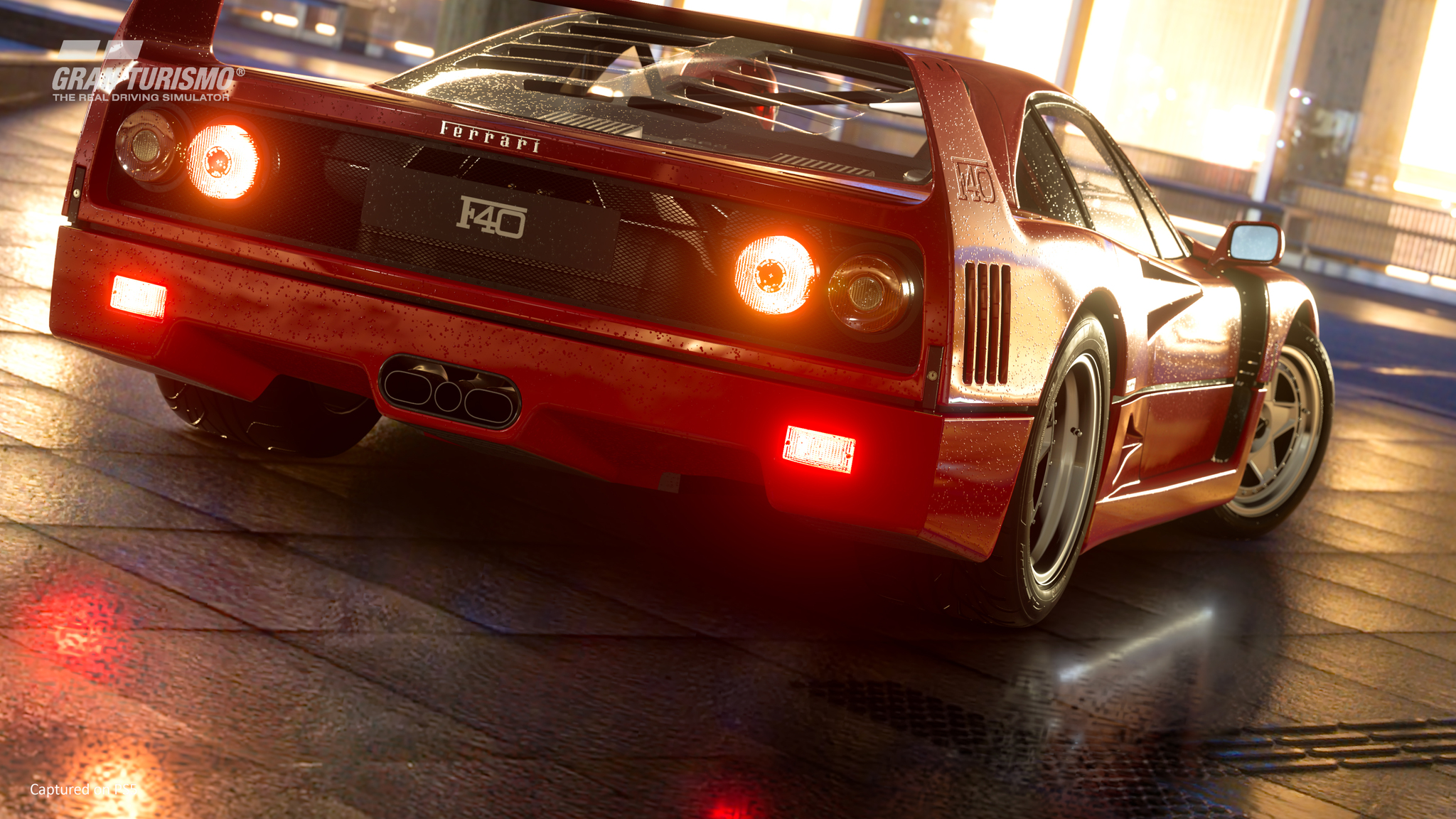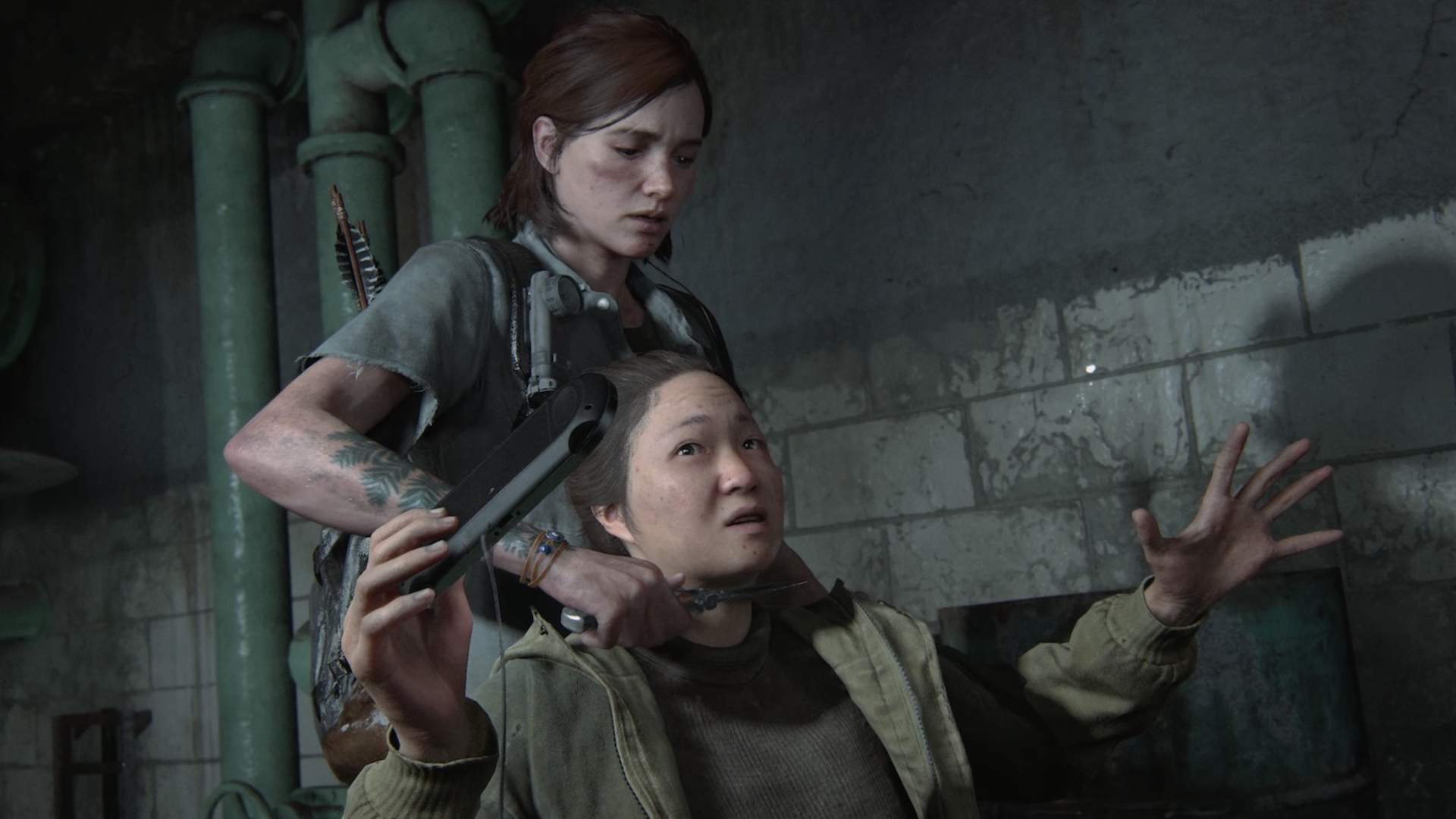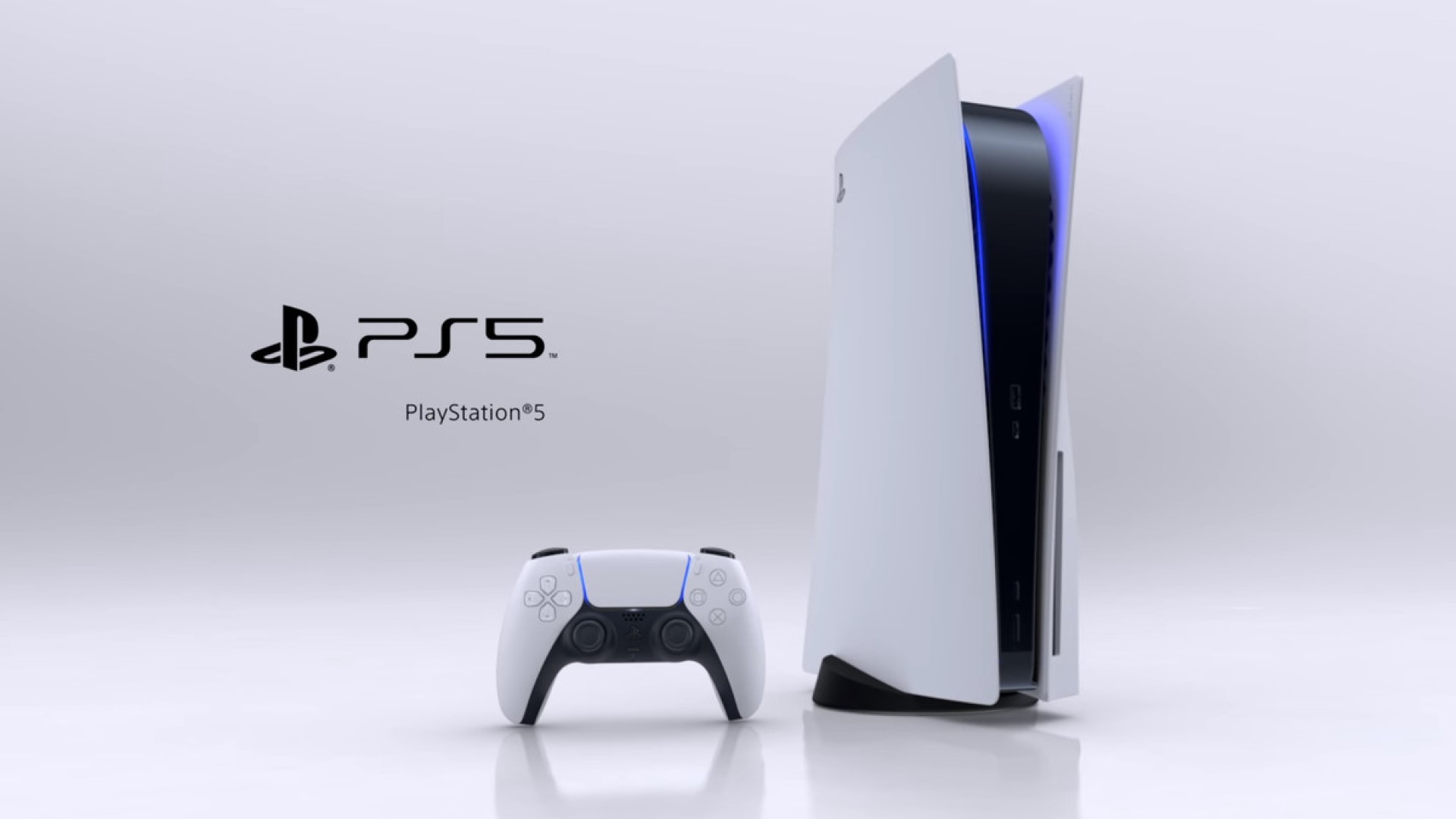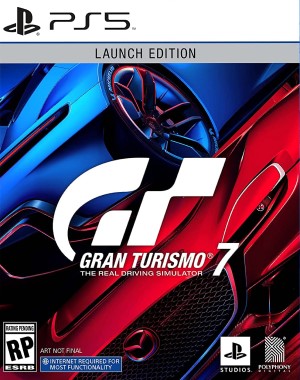
Sony finds itself in an enviable position – they’re a platform holder with a proven track record for success, the de facto gaming console synonymous with the medium itself the world over, and the custodians of a dozen high quality first party studios all capable of frequently and routinely churning out incredible titles on a yearly basis that rank among the best ones of their release window. Essentially, Sony at this point is in an incredibly secure position – because they’re making so many great games that the market wants and desires, it means that they have an assured, captive audience guaranteed to buy into their products no matter what. Because what else are you going to do, not play the next Naughty Dog or God of War game?
This is of course a good position for any company to find itself in, from their perspective – where their products are so beloved that they can get away with a lot of other things, where no matter the backlash or noise that is made, they end up doing well, because their core products now have permanent resonant appeal among millions worldwide. The issue is, any company that is aware of this position is then, as a profit driven entity, compelled to leverage it for further maximizing profits. When you know that you can get away with hostile and customer abrasive policies, what’s stopping you from doing so, and lining your pockets in the process?
Sony has now found itself realizing, that its games are so popular and it’s fans so loyal that realistically Sony can now start to act in direct contradiction of the “for the player” marketing motto they once espoused to gain favor with those fans to begin with. The last year and a half or so has been a series of decisions by Sony, all in their own best interests, sure, but also very clearly indicating that those aforementioned best interests do not overlap with the players’ best interests either.
The most immediate example that comes to mind, and the obvious impetus for this discussion happening right now, is the frankly abusive and gross state of microtransactions and monetization in Gran Turismo 7, the newest entry in Sony’s longest running franchise (as well as their original system seller, and their highest selling one), pitched as a supposed return to form after almost a decade of falling behind in the market for one reason or the other. And to be entirely fair, GT7 is an incredible game, at least mechanically and at its core – it’s so great, we gave it a 10, in fact. The problem is, at the time, it wasn’t clear what kind of monetization Sony would impose on the game, because during the time of review, microtransactions weren’t enabled, and there was no way to tell what the pricing would be like. For many, the general assumption was they would continue in the same vein as GT Sport’s monetization, which was fairly inoffensive at worst, and outright ignorable at best.
Once the game was out, and had garnered acclaim from reviewers, however, Sony and Polyphony Digital proceeded to pull the rug from under everyone. In a series of maneuvers so shady they would make any other so-called AAA publisher blush, when the microtransactions got activated, the prices were exorbitant, like $40 per car (8x higher than GT Sport). Then a week after THAT, Sony and Polyphony reduced in game payouts of credits even further, to the point that it now takes up to 20 hours to grind for ONE car.
This to be clear is in addition to you only being able to buy certain cars within a limited time window thanks to an invite system where the invite (which itself is a low gacha roll chance) expires in a few days leaving you very little time to actually accrue the money you want to get the car you got the invite for, them taking away the ability to sell your cars to earn credits (something every previous game allowed for), further limiting how you can earn credits in game, and capping “free” credits (i.e. ones earned in game, not bought via MTX) at 20 million, which is about enough to buy one car, meaning you only ever have enough to buy one car at a time, and if you want to save up for more, you either grind for 20-40 hours, or buy them via real currency (which does not have a cap, interestingly enough). Going back to those times invites, multiple cars are available only via timed invitations which expire in a few days, meaning you either dedicate your life to grinding up to saving to buy that car when you get the invite, or you spend real money to buy that car, or you just don’t buy it. Oh, and of course, the invites themselves are very low probability RNG rolls. And before I forget, cars sold on the marketplace have limited availability. Very clearly, a series of decisions explicitly made to push players towards spending on microtransactions – what other reason would they have for capping credits you can earn in game, or taking away your ability to sell cars you don’t want?

ALL of this, and that’s not considering that the game costs $70 USD/£70 GBP – so you’re literally paying higher than you would got most console games, but then having to come up against and grind out a free to play mobile game style in game economy to make any progress beyond the cursory campaign mode equivalent.
Which of course directly ties into another example of Sony’s recent move – the price increase for their games to $70. Sony, as a platform holder and one of the most prestigious publishers in the industry, popularized and legitimized the $70 price point for games, in the midst of making more profit than they literally have ever before in the entire existence of PlayStation. When it was pointed out how unnecessary the price increase for their games was, many were quick to shut down the criticism, noting that they would gladly pay $70 for a quality Sony product that would be polished and not shove microtransactions down their throats. Yeah, how’d that work out for you?
Now to be fair to Sony and Polyphony Digital, they have responded to the player backlash and outrage, and have actually done so appropriately; in a recent update detailing incoming changes to GT7‘s economy, Polyphony Digital confirmed that they would be increasing the limit on free credits, increasing the payout offered by races in-game, and even add the ability to sell your cars into the game in the coming months. Sony’s responsiveness here is to be credited – albeit, of course, they are only fixing a problem that they themselves created in the first place by backtracking on all the controversial decisions that led to it to begin with.
GT7 is almost assuredly not going to be a standalone or isolated case either. It’s easy to forget, because Sony generally hasn’t really made non single player games in a few years, but their monetization policies in The Last of Us multiplayer were pretty troubling too – they were just largely ignored because people justifiably considered the multiplayer to be icing on top of a very delicious cake of the high quality single player campaigns you were already getting. But with GT7 showing us those ancient tendencies are still alive and well at Sony, and Sony themselves having promised a slate of ten GAAS games from them in the coming years, are you honestly going to tell me you’re confident Sony won’t try to repeat this form of abusive monetization again? Which, again, is on top of the highest average selling price for their games to begin with? Remember, in the PS3 and PS4 eras, Sony offered some aggressive price cuts and sales for their titles – in the PS5 era so far, they are keeping their games at full price (which is $70, just in case you’ve forgotten) with some moderate discounts offered at select times over the year.

The best part is that Sony games at the very least used to provide multiple customer friendly and economical points of entry for players. Remember, long before Smart Delivery was even a thing, how they pioneered cross buy? So that buying a game once, on PS3 or PSP or PS Vita, would get you free access to that same game on the other PlayStation systems? That was an amazing pro consumer move Sony trailblazed at a time when they needed all the goodwill they could get, a model that would go on to be similarly co-opted by Microsoft in a similar market position a whole console generation later. But in that intervening console generation, the rest of the world caught up to, and then surpassed, the video games market when it comes to expectations from a digital system. And Microsoft’s smart delivery system was specifically made in consideration of that changed world – you buy a game once, and then you never worry about it. It works on all your Xbox systems, including Windows PCs. You don’t have to redeem codes, activate licenses, or any of that. You get the appropriate version automatically downloadable to your library when you buy the game once – no other fees involved.
So of course Sony, with their rich history with this very same principle, and of course in consideration of what the competition and the broader market is doing, would offer something similar right? Maybe with some idiosyncrasies inherent to their ecosystem, sure, and obviously not extending to PCs, where they don’t have their own storefront or OS, but at least across PS4 and PS5, right? Nope. Sony dug their heels in and continued to insist on a $10 upgrade free for cross gen access of your own games, and even after capitulating on Horizon: Forbidden West (for which they had explicitly offered free cross gen upgrades previously) they made sure to note that every single Sony game going forward would have that $10 upgrade fee – and also did their best to bury all signs of the free upgrade from the PS4 version of that game on their storefronts possible.
In and of themselves, most of the things I’ve mentioned here aren’t too damming. It’s only when they’re viewed together that the whole context and picture becomes apparent – and especially in light of the GT7 debacle, where the troubling trend with so many of Sony’s moves these last few years becomes impossible to ignore.

One might also be tempted to look at the fact that Sony does respond to player outrage as indication that the company is not trying to milk the customer – for example, they did walk back the decision to close the PS3 and PS Vita PSN stores (unlike a certain other platform holder, who is going to proceed full steam ahead with taking down its legacy digital storefronts). They did capitulate on the free upgrade for Horizon: Forbidden West. However, the fact that those moves were made to begin with – and that even with the clear player feedback and sentiment on hand from the outrage they generated – Sony still proceeded with subsequent troubling moves like the GT7 micro transactions debacle tells us that they are simply sending out feelers to see how much they can get away with. As a profit driven entity, of course their primary concern has always been the maximization of said profits; however, increasingly, Sony is trying to see how much it can get away with not even having to pay lip service to pro-consumerism, as it has in the past.
None of this is to say that Sony’s games suck, or that their exclusives and consoles aren’t still worth owning. They absolutely are, and if you find them interesting, you should definitely go ahead and buy them. Sony makes great stuff! And we can and should still recognize that. But at the same time, we should also be willing to call them out on their mistakes when they make them – and they make a lot of them of late.
Note: The views expressed in this article are those of the author and do not necessarily represent the views of, and should not be attributed to, GamingBolt as an organization.














